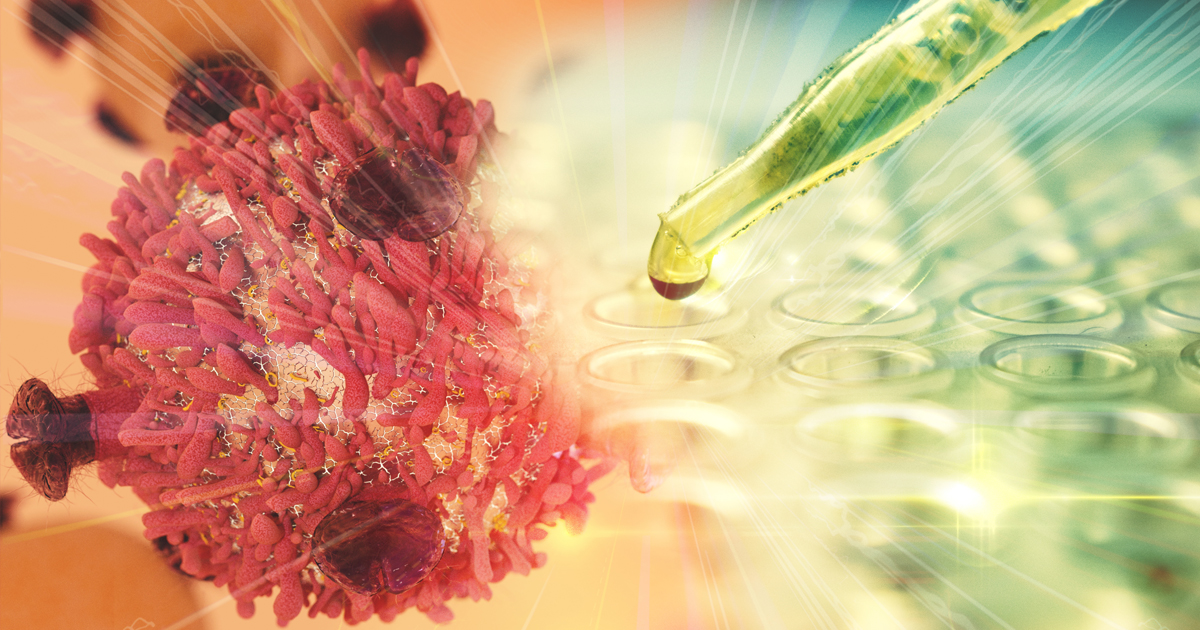
Colon cancer is one of the most common types of cancer. Particularly in advanced stages of disease, the treatment still largely relies on traditional chemotherapy. The new generation of cancer treatments, so-called immunotherapies, has only been effective in a small subgroup of colon cancers. TU Dresden scientists led by Prof. Sebastian Zeissig have now identified proteins that are promising targets for new immunotherapies against colon cancer. Their results also underline the central role of intestinal bacteria in the development of colon cancer. The study was published in the journal Immunity on March 31, 2022.
Our bodies can naturally clear cancerous cells. Every day our immune system may detect mutated cells in our bodies and destroy them. Once in a while though, cancerous cells can find a way to hide from the immune system. The cells develop molecular signals that block immune cells from recognizing them as a threat. This, among other strategies, allows cancer cells to multiply and grow into tumors. Understanding the molecular mechanism of this process allowed for the development of new cancer treatments, the so-called immunotherapies. These treatments can unleash the patient's immune system to target the tumor and limit its growth.
Read more...







